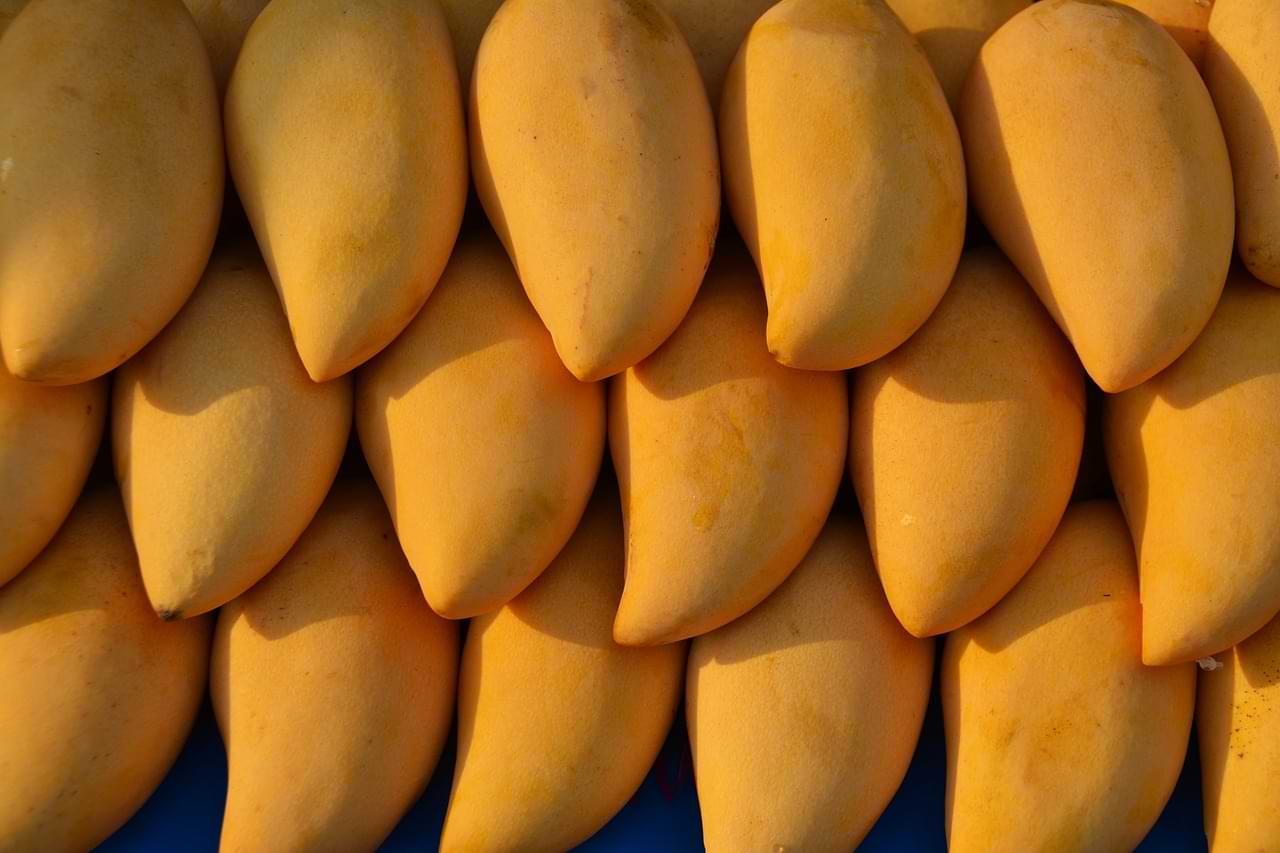Cats are known for their picky eating habits and it’s important for pet owners to ensure that their feline friends are getting the proper nutrients and vitamins to maintain a healthy diet. While some human foods may be safe for cats to consume, others can be harmful. One food that raises questions is mango. Many cat owners wonder if this tropical fruit is safe for their furry friends to eat. In this blog, we’ll take a closer look at whether or not cats can eat mango and what, if any, benefits it may have.
What is Mango?
Can Cats Eat Mango?
No, cats should not eat mango. While mango is not toxic to cats, it is not a natural part of their diet and can cause digestive upset. It’s best to stick to a balanced and nutritionally complete cat food diet for your feline friend and avoid feeding them human foods like mango.
Benefits of Mangoes to Cats
There are no known benefits of feeding mango to cats, and it’s best to stick to a nutritionally complete cat food diet for them.
Hazards of Mangoes to Cats
The following are the hazards of mangoes to cats:
1. Digestive Issues
Mango contains high amounts of sugar and fiber, which can be difficult for cats to digest. Eating large amounts of mango can lead to digestive upset, including diarrhea and vomiting.
2. Choking Hazard
Mango pits can pose a choking hazard to cats, as they can get stuck in their throat or cause an intestinal blockage if ingested.
3. Nutritional Imbalance
Mango does not provide any significant nutritional benefits to cats, and feeding them this fruit can disrupt their balanced diet.
4. Allergic Reactions
Some cats may have an allergic reaction to mango and experience symptoms such as itching, hives, and breathing difficulties.
What to Do If Your Cat Eats Mango
If your cat has eaten mango, it is important to monitor them for any signs of digestive upset, such as vomiting, diarrhea, or abdominal pain. If you notice any of these symptoms or if your cat seems unwell, it is best to consult with a veterinarian as soon as possible.
In the meantime, you can take some steps to help prevent any adverse reactions:
- Remove any remaining mango and the pit from your cat’s reach to prevent choking or ingestion of the toxic pit.
- Offer your cat a small amount of water to help prevent dehydration, especially if they are experiencing vomiting or diarrhea.
- Limit your cat’s access to mango and other human foods, as they can upset their digestive system and cause health problems.
- Stick to a nutritionally balanced and complete cat food diet for your furry friend, and avoid offering human foods as treats.
If your cat is experiencing digestive problems or seems unwell, it is important to seek veterinary care to ensure that they receive proper treatment.
Conclusion
In conclusion, cats should not eat mango. This fruit is not a natural part of their diet and can cause digestive upset, as well as pose a choking hazard or lead to an intestinal blockage if the pit is ingested. Mango also does not provide any significant nutritional benefits to cats and can disrupt their balanced diet. If your cat has accidentally eaten mango, it is important to monitor them for any signs of digestive upset and seek veterinary care if necessary. It is always best to stick to a balanced and nutritionally complete cat food diet for your furry friend and avoid feeding them human foods like mango. If you have any concerns about your cat’s diet or health, it is best to consult with a veterinarian.





